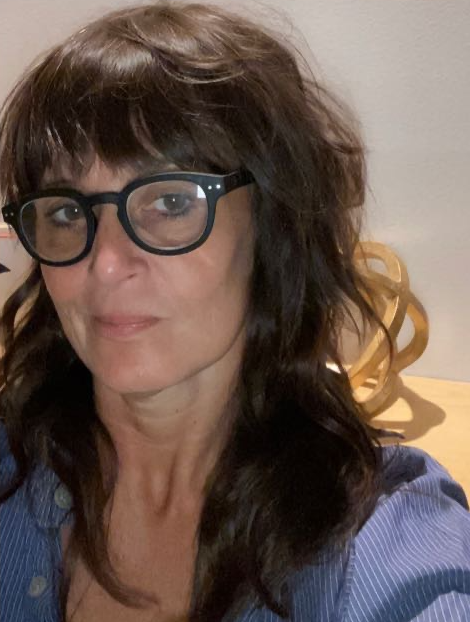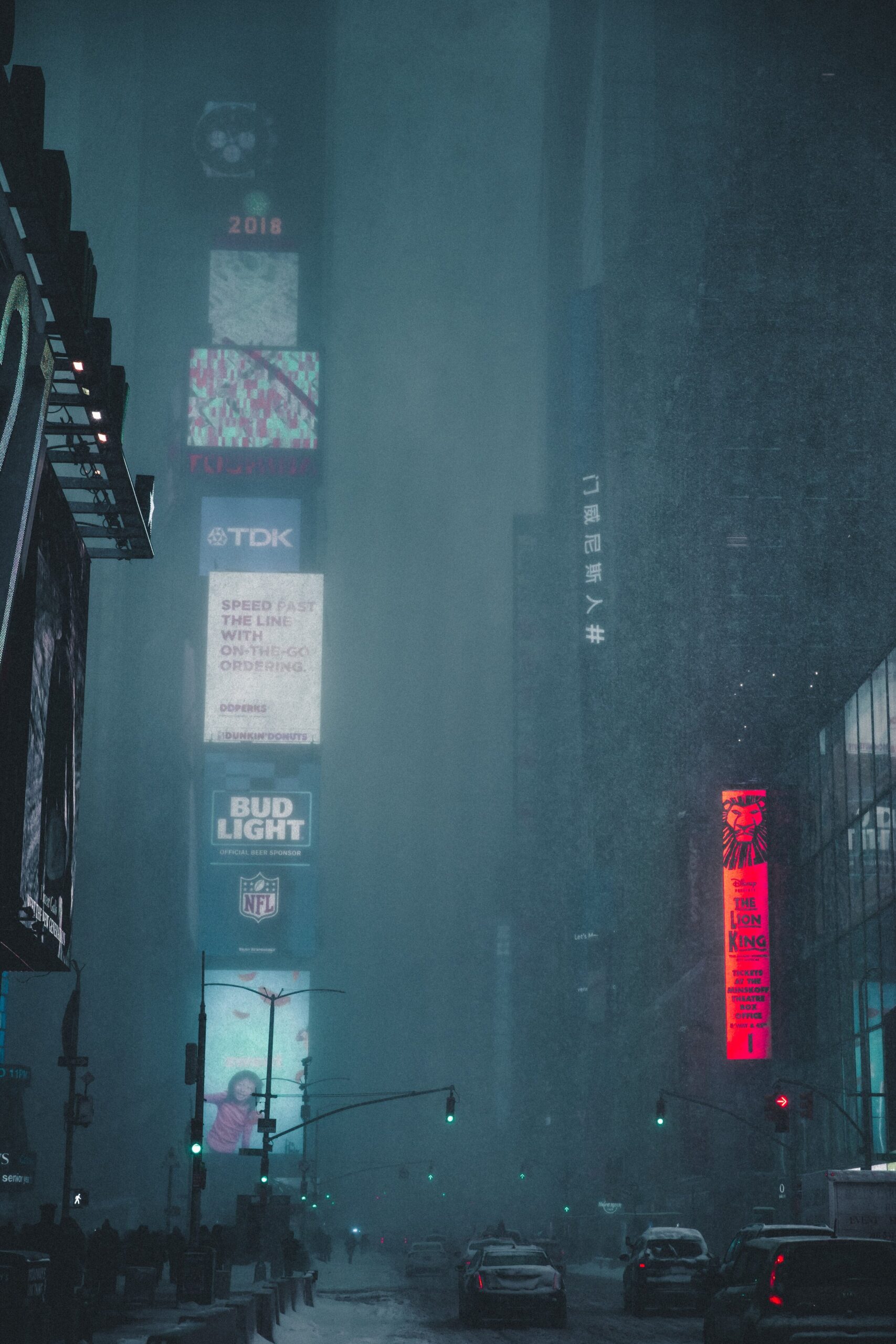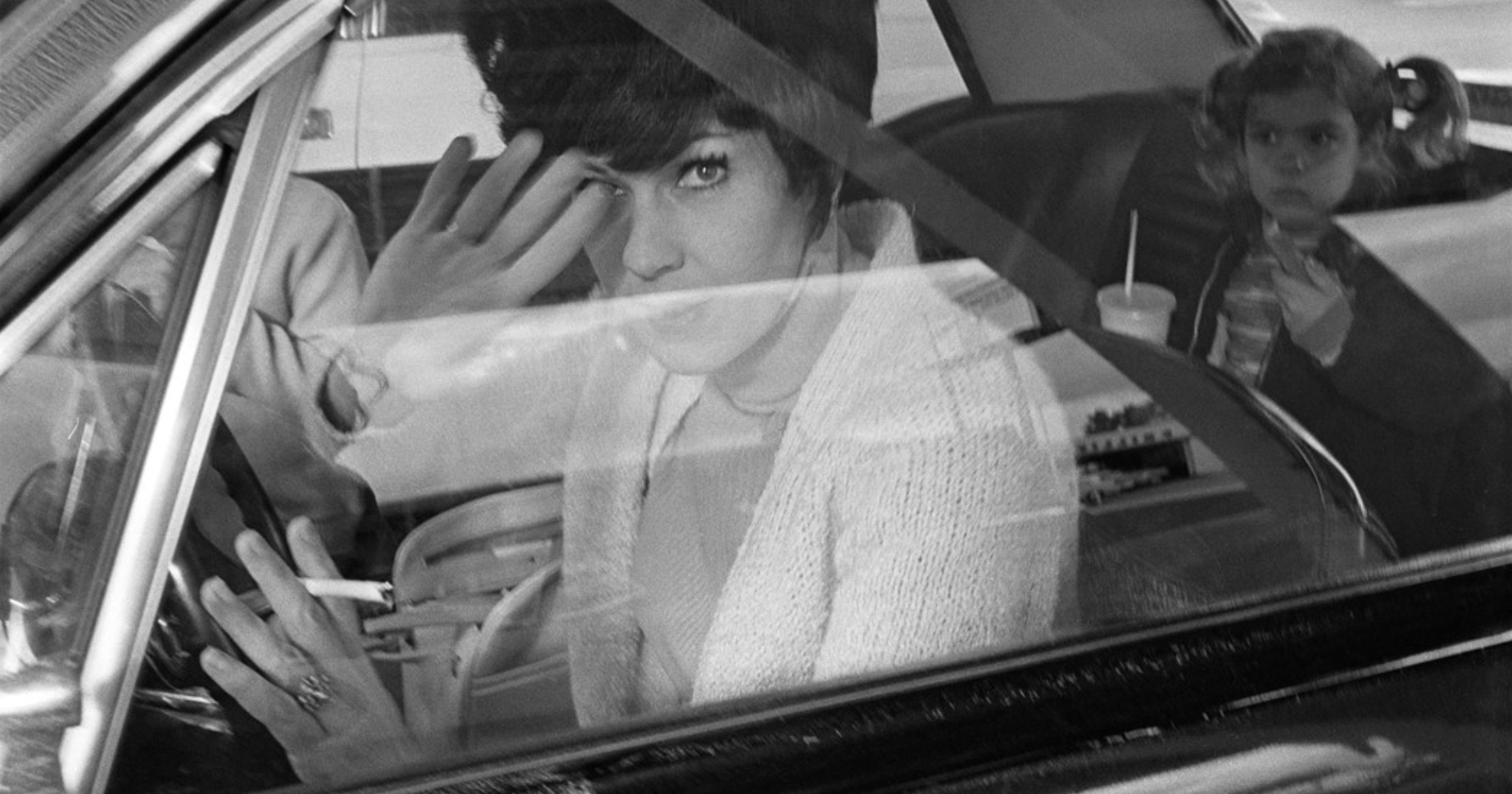Danielle Truscott
Writer and Editor


Danielle Truscott
Writer and Editor
About Danielle
Danielle has worn many hats as a writer and editor. She is the author of a forthcoming memoir and is currently at work on a psychological thriller set in her ancestral village on England’s southeastern Cornish coast. Currently, she works as a freelance writer, ghostwriter, and soup-to-nuts editor of fiction, narrative nonfiction, and correspondence for companies and human rights organizations.
She served on the board of the PEN American Center from 2010 to 2016, helping to rewrite its mission statement and by-laws, heading the committee for Authors’ Evenings, and working with the PEN Prison Writing and Freedom to Write programs. In 2018/19, she co-founded, curated, and contributed most of the books for a library in the bilingual, progressive Antigua International School in Antigua, Guatemala.
In earlier years, Danielle attended Wesleyan University and Temple University. Her flash fiction and poems were published in the Asheville Poetry Review, Oyster Boy Review, and other journals, and a review of her work in Small Press Review noted that “as to her poetic voice, what Sylvia Plath did for German, Danielle Truscott does with the Celtic tongue.” Danielle worked as a staff reporter for various independent weekly newspapers, contributing news articles and arts reviews to the Fund for Investigative Reporting and The Village Voice.
After living in New York City for nearly a quarter-century, she now lives in a Victorian house on a rural road in central Connecticut. When she’s not writing, Danielle can be found in a window seat or hammock, reading other writers’ wonderful books. She performs in biannual play readings with the Connecticut organization Reader’s Theater; swims in any body of water she can find; practices yoga; boxes at her partner’s well-being center, GritFit; sings the occasional Joan Jett or John Denver tune at karaoke joints; travels widely; and spends a fair bit of time asking family members if they’ve seen, or will help her find, her reading glasses or mobile phone.

Featured Writing

Bear
Photo by Olga Barantseva
Written for and art chosen by www.dorothyparkersashes.com
On your way to a table on the upper floor of New York’s fabled Russian Tea Room, you’ll pause—if not naturally, the maître’d will, with a practiced drama, pause you—to take stock of a nine-foot-tall acrylic bear filled with live fish, juggling plastic balls while revolving on a pedestal. Backdropped by a life-size tree “blooming” with Fabergé eggs, this Ursus, symbol of Russia, is so kitsch that it actually becomes über-kitsch, throwing off some legitimate, if kinky, grandeur.
The few times I have encountered this bear, I always think of the renowned Soviet poet Yevgeny Yevtushenko—not just because he was Russian and attention-commanding but because, on the day I had occasion to meet him in the mid-1990’s, it was the one time in my life I encountered an actual bear.
I was thirty, working in Asheville, North Carolina as a reporter, and starting to publish my own writing in some literary journals. Yevtushenko was guest lecturing at a nearby university, and a publisher had convened a group of local literati (including myself) to celebrate him at a popular craft-beer taproom. I lived just south of town, atop Little Mount Pisgah, a spot elevated and remote enough that generations-bred locals called it “way back up the holler.”
I Have a Secret
Photo by Andre Benz on Unsplash
Written for and art chosen by www.dorothyparkersashes.com
I have a secret.
My secret is a relationship.
My family doesn’t know.
My friends don’t know.
I’ll call him, or her, “Lee.” Lee was homeless, at least for the period of our two-year connection. The Duane Reade on the three-block route between home and my young son’s school was under renovation; low scaffolding overhung its adjacent sidewalk. Lee had set up house beneath: a cardboard barrier of box sides joined with silver duct tape; beyond, a cordillera of myriad-sized bags and boxes, eruptions of disheveled, private-made-public stuff. Lee was always wholly obscured, position changed, perhaps, but burrowed down so deep into the soiled sleeping bag so as to become a package of person, weather hot or cold.
I daily passed Joe Junior’s diner on the trip back from morning school drop off. A few days after I noticed Lee, impulse led me to its counter.


Elixirs
Photo by Nicolas Horn on Unsplash
Written for and art chosen by www.dorothyparkersashes.com
1.What’s Your Poison?
I first encountered “booze” the summer of 1972, when I was six, and my best friend Jess and I got busy enacting our plan to do in Ms. Blanken — the sourpuss, spiteful recess supervisor at our town summer camp — with a poisoned apple.
We’d recently seen Disney’s Snow White. Death by poison apple was a means fresh in our minds. In school, we were good students, give-the-teacher-an-apple-at-the-end-of-the-year types. Our cover was tight as a drum.
We aimed to poison the apple with one of our “magic” potions: messes whipped up in cavernous ceramic bowls in the Redmond’s kitchen, encouraged by Jess’s Montessori-leaning mother. We had free reign on fridge and most cupboard contents, and specialized in small batches of seldom delicious, largely revolting concoctions. Only two locations held verboten ingredients: Under the Sink and The Living Room Cabinet. Under the Sink was absolute no-fly territory. Mrs. Redmond’s dire admonitions left us fear-stricken: even opening the door implied that some cleaning fluid’s plastic container might suck you in, disintegrate you with deadly chemicals, never to be seen or heard from again.
On Broadway
Photo by Tristan Dixon on Unsplash
Written for and art chosen by www.dorothyparkersashes.com
In early September of 2021, I spent the first part of an evening at the St. James Theater, rapt by Springsteen on Broadway.
I’ve never been a diehard fan of The Boss, though I love certain Springsteen songs. I was born at the early end of Generation X. His music backdropped countless alternately wild and tender coming-of-age moments.
My companion, Michael, a Boss aficionado, and I had bonded as sensitive elementary school kids turned tween co-miscreants and make-out bandits, in a small, mostly working-and-middle class town.
We settled into our steep balcony seats. Amidst the Covid-masked crowd’s muffled cacophony, a bright voice rang out my way. One of two nearly duplicate older ladies seated directly below us turned, beamed up.
Hello! she whooped. Brown eyes sparkled above a jauntily decorated mask. I was saying “Hello!” but I wondered “Is there anybody out there?” She chuckled, good-naturedly mocking fabled Manhattanite aloofness, then torqued back for a Covid elbow bump.


Will My Wanders Never Cease?
Photo by Nicolas Horn on Unsplash
Written for and art chosen by www.dorothyparkersashes.com
In 1991, as a fledgling newspaper reporter in the South, I investigated a newly launched, state-facility treatment program for “middle”-stage Alzheimer’s patients. Patients’ symptoms ranged from trouble remembering something as simple as their own names to losing track of time and place and experiencing hallucinations.
